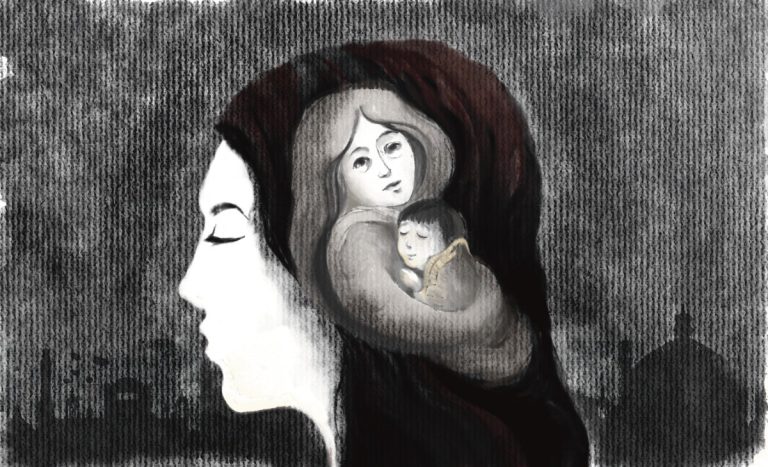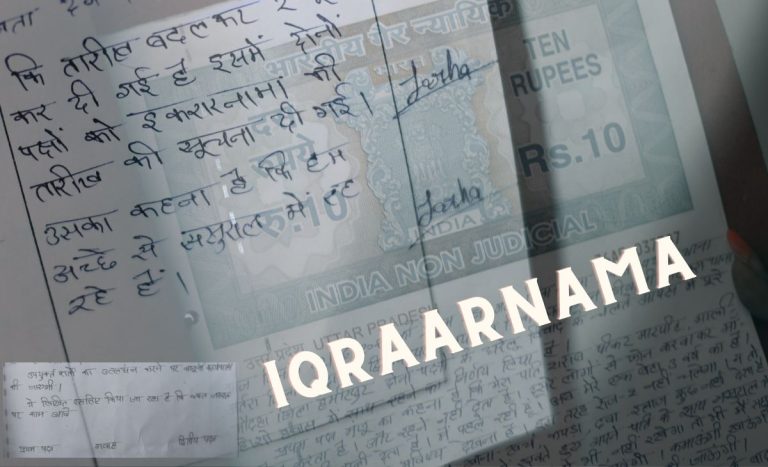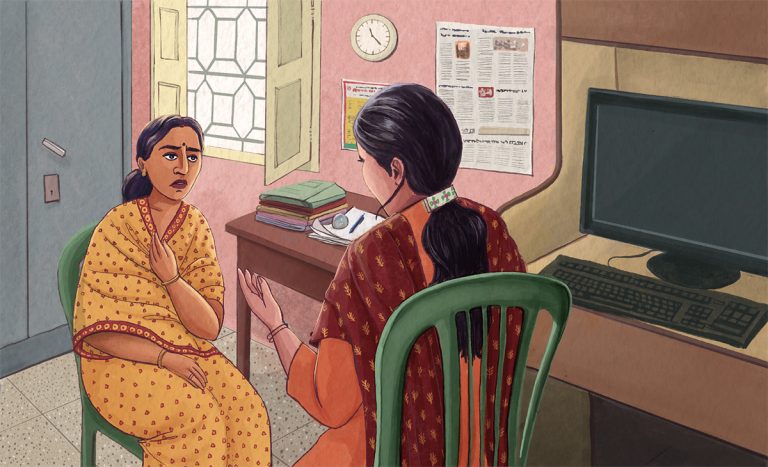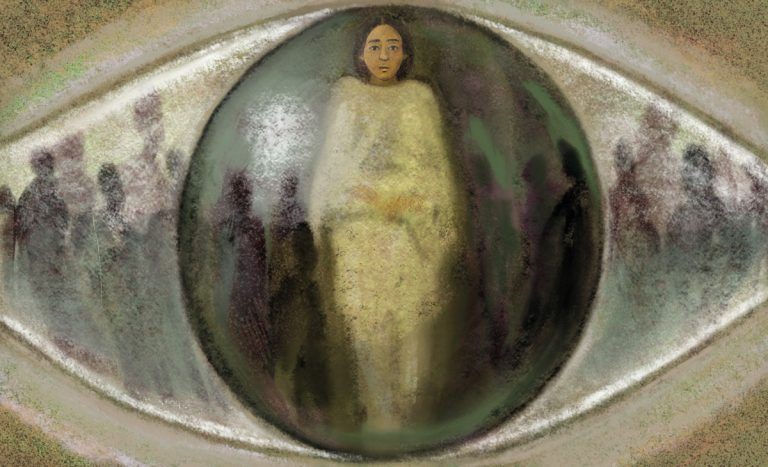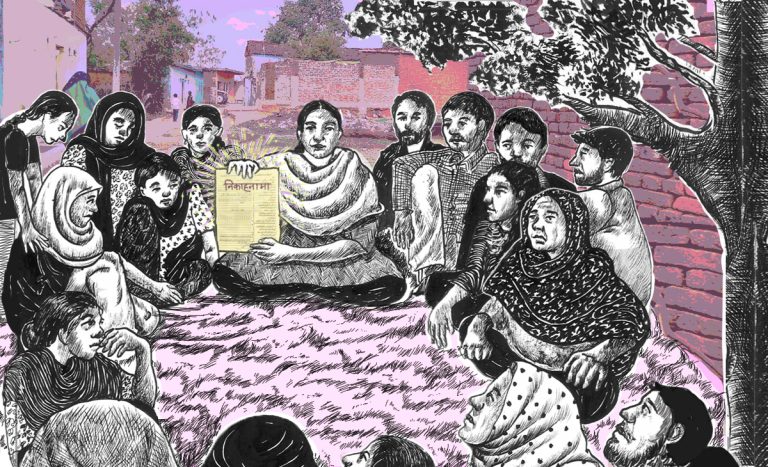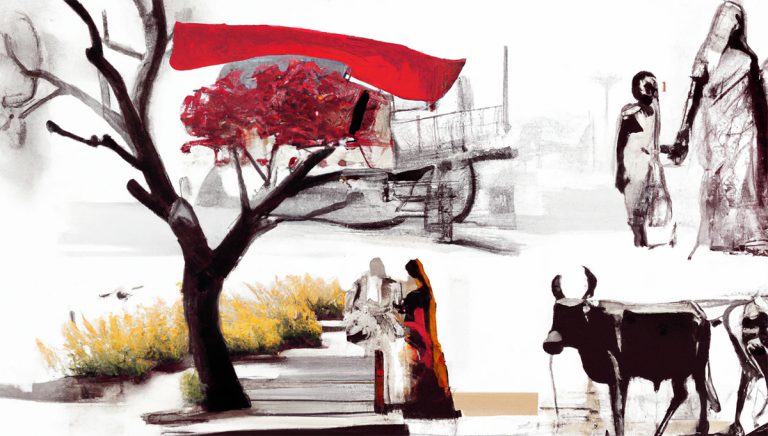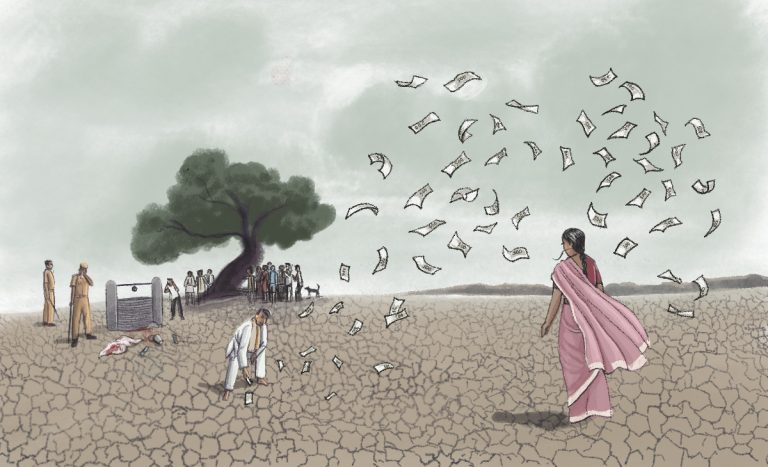
First, They Broker a Deal For A Daughter’s Body. Now, They Get A Deal For Her Corpse
News around us tells us that the brokering of deals over the untimely deaths of women is not rare. It is as common as the crime itself. The nature of such monetary saudas exposes the reality of our most personal relationships – as being hollow, fragile and dispensable.


